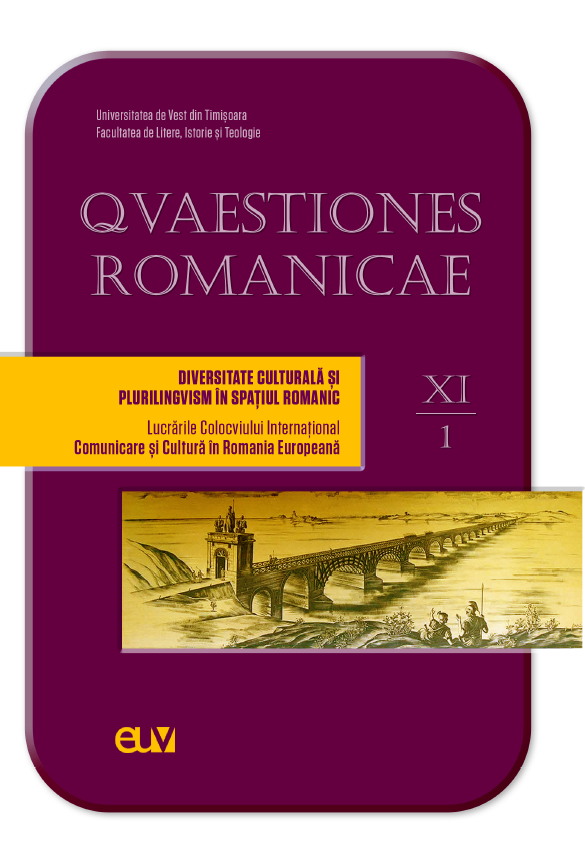Les (dé)routes de Télémaque à Paris: l’odyssée migratoire dans Les Pieds sales d’Edem Awumey
Abstract: (Telemachus’ routs and routes in Paris: the migratory odyssey in Edem Awumey’s Dirty Feet) Contemporary Francophone literature reflects the migratory movement of African writers whose literary productions, which reflect transculturality, are often referred to as "migrant literature", frequently exploring power dynamics, the situation of minorities, or integration into a hegemonic society (micro- vs. macro-) in the postcolonial era. However, this concept is not limited to linguistic, thematic, or geocultural aspects specific to Africa, but is part of global literature. In the twenty-first century, new Francophone voices have made themselves heard. They no longer seek to define their identity in the (post)colonial context, but rather explore complex migration routes to join other migrants in the "global village". Edem Awumey, a Togolese author who is part of the African diaspora – Africa, Europe, and North America – is an example of an engaged author who is concerned with this contemporary subject. Inspired by the young Africans he met in the port of Tangier, he set out to write a novel, Dirty feet (2009), which confronts the protagonist, Askia, with a journey of identity through several geographical and cultural universes, reflecting in some way his own experience. Our contribution proposes a study of the series of displacements of an "obscure and preoccupied" Telemachus in the Parisian labyrinth where multiple cultural threads intertwine, while analysing the power of irradiation of the myth that inspires the creative process and that manifests itself in the writing of migration.
Keywords: migration, cultural diversity, Edem Awumey, Dirty Feet, myth.
Résumé : La littérature francophone contemporaine reflète le mouvement migratoire des écrivains africains dont les productions littéraires, qui témoignent de la transculturalité, sont souvent désignées sous l’appellation de « littérature migrante », en explorant fréquemment les dynamiques de pouvoir, la situation des minorités ou encore l’intégration au sein d’une société hégémonique (micro- vs. macro-) à l’époque postcoloniale. Cependant, ce concept ne se limite pas aux aspects linguistiques, thématiques ou géoculturels spécifiques à l’Afrique, mais s’inscrit dans la littérature mondiale. Au XXIe siècle, de nouvelles voix francophones se sont fait entendre. Elles ne cherchent plus à définir leur identité dans le contexte (post)colonial, mais explorent plutôt les parcours migratoires complexes pour rejoindre d’autres migrants dans le « village global ». Edem Awumey, auteur togolais faisant partie de la diaspora africaine - l’Afrique, l’Europe et l’Amérique du Nord -, est un exemple d’auteur engagé qui se préoccupe de cette question contemporaine. Inspiré par les jeunes Africains rencontrés au port de Tanger, il nourrit le projet d’écrire un roman, Les Pieds sales (2009), qui confronte le protagoniste, Askia, à un parcours identitaire à travers plusieurs univers géographiques et culturels, en reflétant, d’une certaine façon, son propre vécu. Notre contribution propose une étude de la série de déplacements d’un Télémaque « obscur et préoccupé » dans le labyrinthe parisien où de multiples fils culturels s’entrecroisent, en analysant le pouvoir d’irradiation du mythe qui inspire le processus créatif et qui se manifeste dans l’écriture de la migration.
Mots-clés : migration, diversité culturelle, Edem Awumey, Les pieds sales, mythe.
